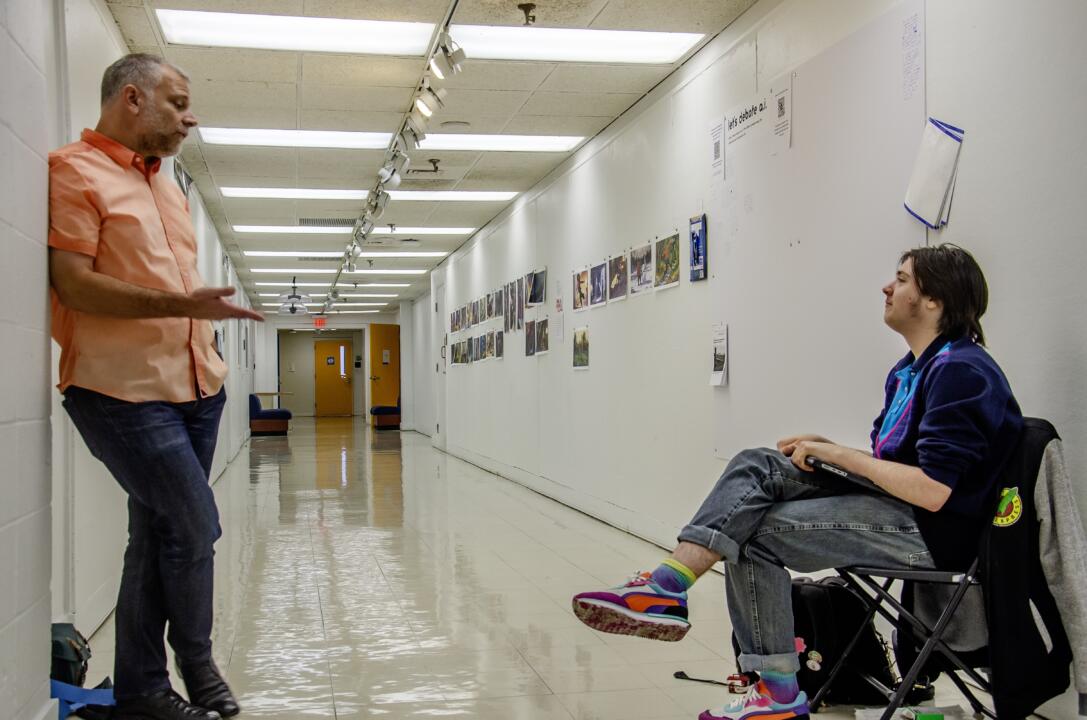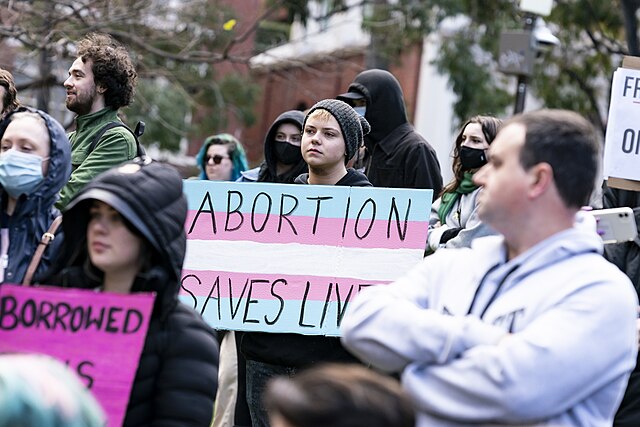The University of Maryland, Baltimore County’s Department of Economics is introducing a new course for the upcoming fall semester to promote students’ personal financial literacy.
The formal title for the new FINC 150 course is Financial Literacy and was designed as an introductory class for all majors. This hybrid course will be taught by Dr. Douglas Lamdin, who normally teaches upper-level economics classes.
After the Great Recession, Lamdin studied the financial knowledge of individuals and subsequently edited Consumer Knowledge and Financial Decisions, a book that addresses college students’ relationships with finances. “Working with the authors of these chapters increased my awareness of this topic and it got me interested in developing an introductory course for all majors,” Lamdin said. “I thought that UMBC students should have access to a course like this, so that’s the genesis of FINC 150.”
Once Lamdin developed the idea for the course, he brought it to the attention of faculty members within the Department of Economics, who were quick to support the idea. The next step was to create a syllabus and fill out several forms to show before the UMBC Undergraduate Council, a committee within the Faculty Senate. Once a proposal for a new course is pitched before the council, the course plan gets reviewed and sent back to the course’s department for revision. After the revised course gets the approval of the Undergraduate Council, it must be approved by the Faculty Senate as a whole before getting sent to the Registrar’s office to be put into the course catalog.
The overall process of creating a new class takes several months. Although FINC 150 was approved by the Undergraduate Council in early December and the Faculty Senate soon after, it is still waiting to be approved to qualify as a general education course, a process which Lamdin predicts will take until summer to finish. The only prerequisites for the course are a score of 3 or higher on the LRC/PLC MATH placement test or MATH 104 or MATH 106. Similar courses at other universities are listed as general education, which Lamdin believes will help influence FINC 150 general education eligibility.
“The course will be more applied and relatable than ECON 101 or ECON 102 … This subject is multidisciplinary,” Lamdin said. “Psychologists, sociologists, lawyers and even social workers have taken an interest. I hope to introduce those perspectives.”
The university as a whole has been making an effort to promote financial literacy among its students through the Financial Literacy and Education program, which began in 2011 and has been continuously expanding. The Financial Literacy and Education program oversees FinancialSmarts, which provides resources such as the CashCourse, a free online class that teaches responsible spending habits.
“It’s really important to acknowledge the fact that the financial decisions you are making today are going to impact you for the rest of your life,” said Hannah Sadollah, the Financial Literacy and Education program specialist. “We just want everyone on the same page to understand that financial literacy is crucial and it’s great that this class will reinforce that value.”


